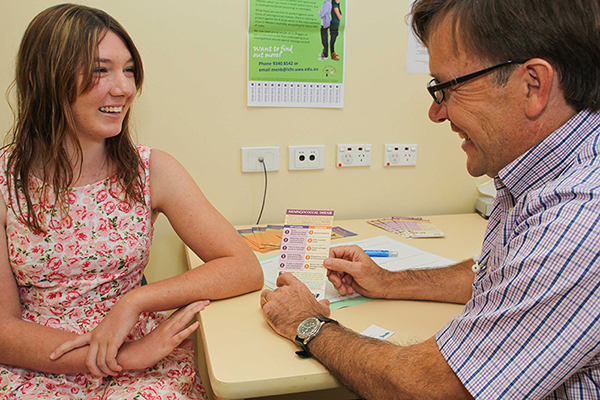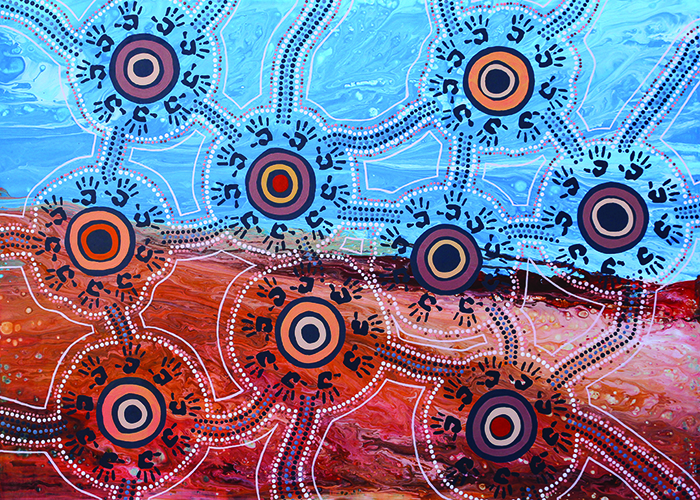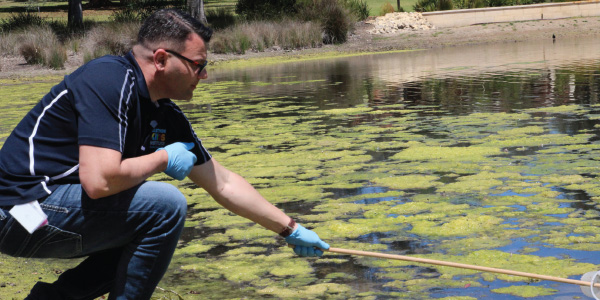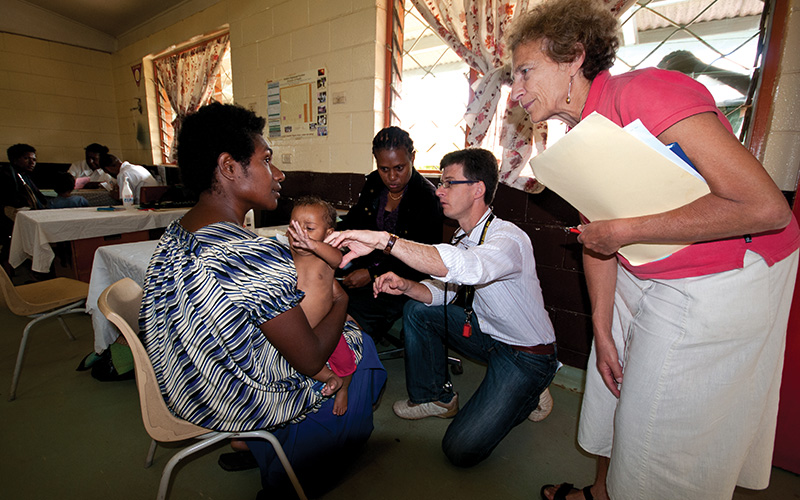Search
Research
Rare disease education in Europe and beyond: time to actPeople living with rare diseases (PLWRD) still face huge unmet needs, in part due to the fact that care systems are not sufficiently aligned with their needs and healthcare workforce (HWF) along their care pathways lacks competencies to efficiently tackle rare disease-specific challenges. Level of rare disease knowledge and awareness among the current and future HWF is insufficient.
Research
Toward better characterization of restricted and unusual interests in youth with autismDespite being highly prevalent among people with autism, restricted and unusual interests remain under-researched and poorly understood. This article confirms that restricted interests are very frequent and varied among children and adolescents with autism. It also further extends current knowledge in this area by characterizing the relationship between the presence, number, and type of restricted interests with chronological age, sex, cognitive functioning, and social and communication symptoms.
Research
Genome-wide analyses of individual differences in quantitatively assessed reading- and language-related skills in up to 34,000 peopleThe use of spoken and written language is a fundamental human capacity. Individual differences in reading- and language-related skills are influenced by genetic variation, with twin-based heritability estimates of 30 to 80% depending on the trait. The genetic architecture is complex, heterogeneous, and multifactorial, but investigations of contributions of single-nucleotide polymorphisms (SNPs) were thus far underpowered.
Research
A Parent-Mediated Intervention for Newborns at Familial Likelihood of Autism: Initial Feasibility Study in the General PopulationDevelopmental theory and previous studies support the potential value of prodromal interventions for infants at elevated likelihood of developing autism. Past research has supported the efficacy of parent-mediated prodromal therapies with infants from as early as 7 months. We outline the rationale for implementing interventions following this model from even earlier in development and report on the feasibility of a novel intervention developed following this model of parent-mediated infant interventions.
Research
Stepwise GATA1 and SMC3 mutations alter megakaryocyte differentiation in a Down syndrome leukemia modelAcute megakaryoblastic leukemia of Down syndrome (DS-AMKL) is a model of clonal evolution from a preleukemic transient myeloproliferative disorder requiring both a trisomy 21 (T21) and a GATA1s mutation to a leukemia driven by additional driver mutations.

Research
Meningococcal DiseaseMeningococcal disease is caused by the bacteria Neisseria meningitidis, or 'meningococcus'. It is an uncommon but very serious disease that can result in death if not recognised and treated quickly.

More than 3,000 skin checks have been undertaken as part of a large clinical trial in WA’s Kimberley region aimed at halving the burden of skin sores in school-aged Aboriginal children.

Australia’s first national guideline for supporting the learning, participation and wellbeing of autistic children and their families.

Cystic fibrosis (CF) researchers are working hard to progress phage therapy as an alternative treatment to antibiotics in people with CF who develop life-threatening lung infections.

New research has revealed the extraordinary impact of a collaborative project between The Kids Research Institute Australia and the Papua New Guinea Institute of Medical Research, with rates of hospitalisation for pneumonia dropping by nearly 60 per cent thanks to the introduction of the pneumococcal vaccine
